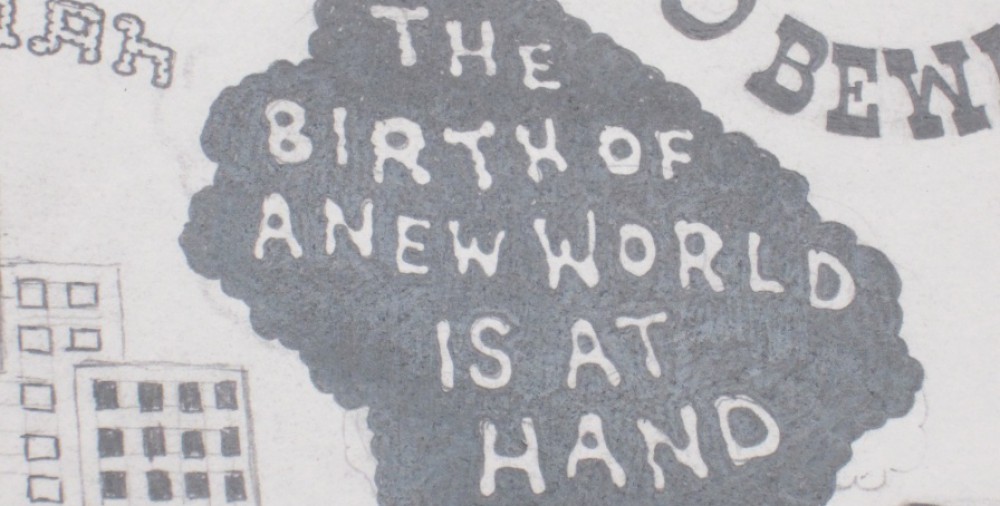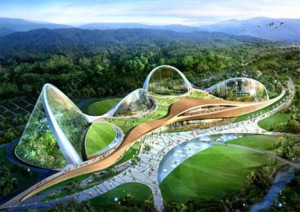Can you imagine a world where things become alive after midnight?
There once was a difficult young girl who had been known to cause her parents a lot of concern. She was a shy child and had difficulties communicated with another kids and had a trust issue. She only played with her toys and spend most of her time in her room. She seemed live in her own dream world. Her parents, in particular, tried to be understanding with her child. They knew that if her daughter continued to be isolat that it would cause her great heartache in her life.
Ona day, In her sixth birthday, girl had received a beautiful doll from her parents because only toys made her happy. However, this doll was very differnet from all her toys. The doll was almost girl size. A little girl was delighted to have a new playmate. She decided to name the doll “Susan”…she had always liked the name Susan. That evening she was playing with Susan before bedtime and she noticed something very strange, Susan seemed to blink! The young girl thought maybe her eyes were playing tricks on her. She decided to go to bed and put the strange occurrence behind her. While she was sleeping she woke up during the night and felt like someone was watching her. She checked the room but saw nothing and she went back to sleep.
The next day when she woke up, the entire room had been rearranged, some of her furniture had moved and several of her toys had moved from her toy chest on to the floor! She decided to clean up her room and play with Susan again that day and everything seemed normal. However, she was still suspicious so she decided that she would pretend that she was sleeping and watch what happened in her room that night. Things seemed normal…until the clock struck midnight! Sunddently, light was on and started a magical sounding music playing. The doll “Susan” opened her eyes, got up and started walking around the room, she had animated! Susan started to play with the other toys and was playing tea at the table. The little girl watched in amazement wonder and horror as Susan took out her favorite dress from the closet and put it on! Every toys that Susan touched become alive. All the things seemed to had wing and flied. They stared walking and dancing together. Then a butterfly started fluttering from the open window. A watermelon was walking. Flowers were swaying and dancing with each other. Toys were all celebrating and partying. The little girl could not take it anymore, she wanted to be part of the celebration. She got out of bed and started dancing with her toys and Susan. She was happily laughing. Suddenly, the sound of heels meeting the floor filled the room. The toys got scared and went back to the shelter and safety of the closet. Girls was scared that her parents woke up and went back to sleep.The next morning she woke up and she saw Susan sitting on the chair with the rest of her toys!




